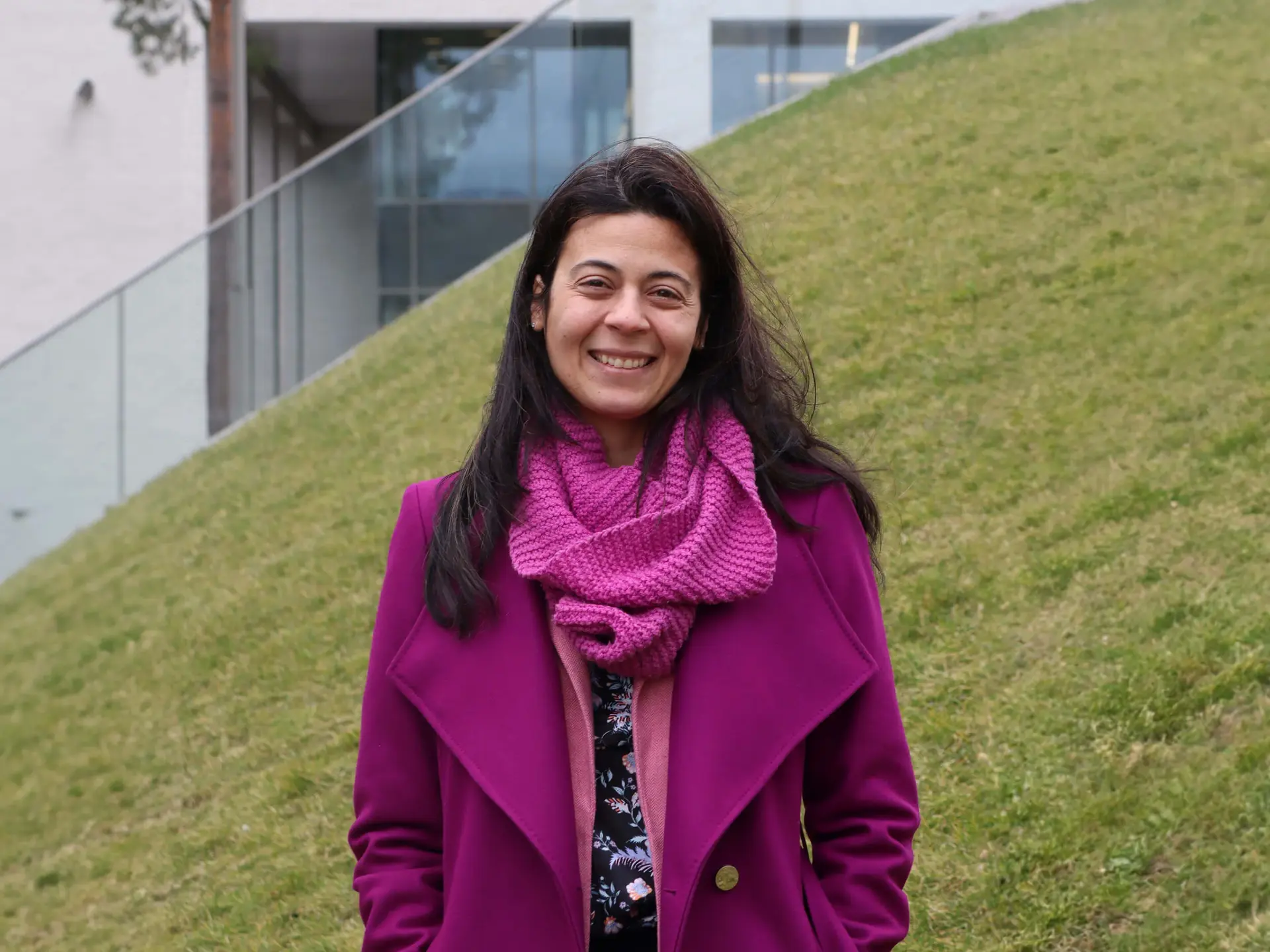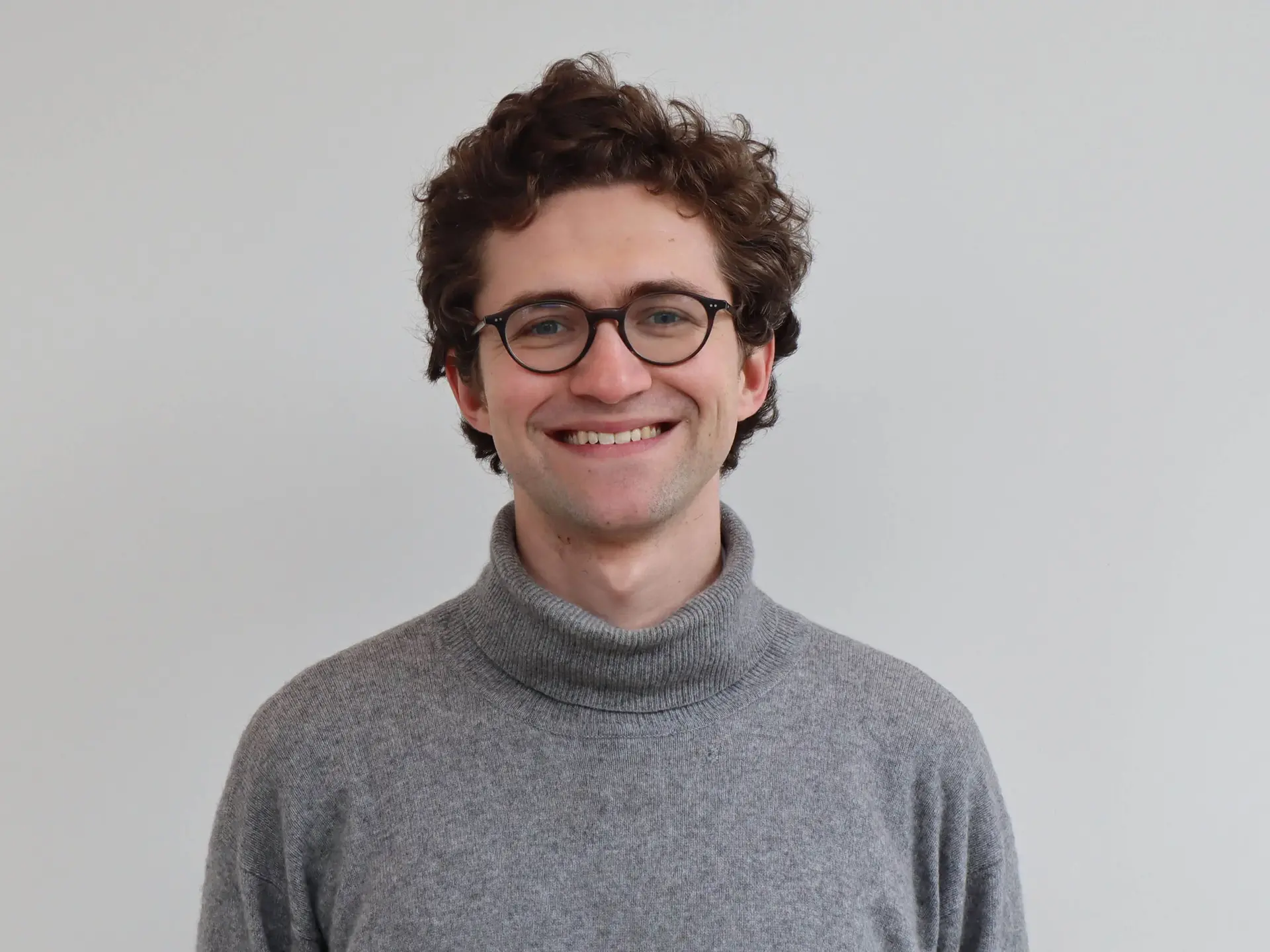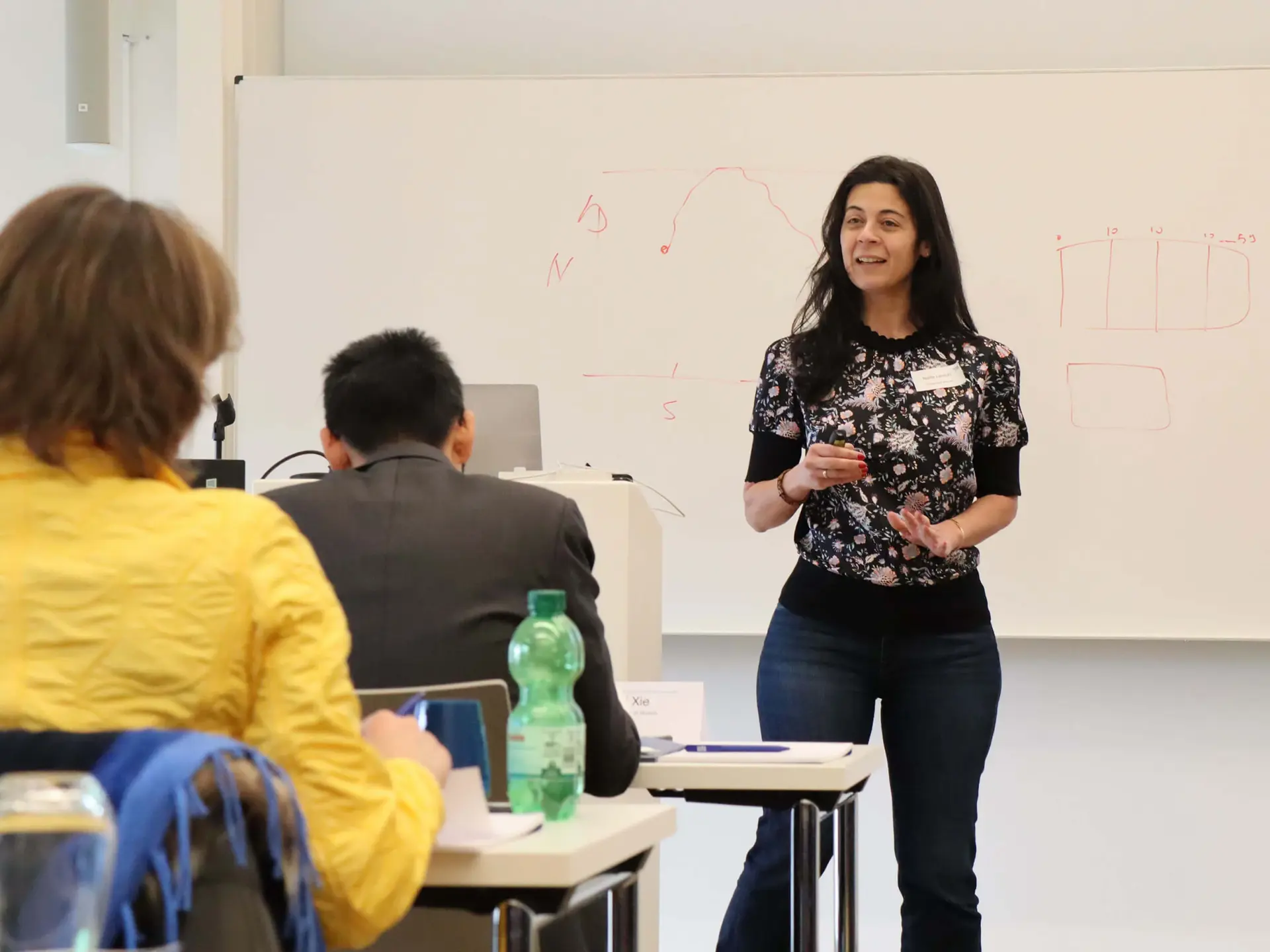
How Data Science and Analytics Can Make Healthcare More Resilient
Our healthcare system is not adequately prepared for exponentially increasing outbreaks of disease. At TUM Campus Heilbronn, Prof. Jingui Xie is conducting research on how hospitals can improve their planning and allocation of resources and capacities.
Municipal departments of health often found themselves in difficult situations during the pandemic to keep up with the recording of infection reports. The main element dynamic development of the pandemic even led the healthcare system to the verge of collapse. Conventional models of machine learning seldom provide reliable forecasts or estimates that consider fluctuations in demand and, thus, are inadequate for needs-based planning.
"Thanks to improvements in medical resource management, these models can benefit patients, nurses, and the economy as a whole."
This is where Prof. Jingui Xie comes in: At TUM Campus Heilbronn he has set out to investigate how healthcare can benefit from data analyses, forecasting models for machine learning, and data-driven optimization methods and thus become more resilient.
“Hospitals can use data and forecasting models to estimate the number of incoming patients, optimize their headcount through cross-department training and flexible schedules, and allocate resources based on patients’ needs,” he explains. “For capacity planning, moving forward hospitals could employ a digital twin that also knows how to make the best use of limited resources.”

Prof. Jingui Xie hosted a workshop in Heilbronn.
Knowledge-Sharing across Borders
To stimulate knowledge-sharing across borders, Prof. Xie hosted a two-day workshop at the Center for Digital Transformation. Twenty participants from internationally renowned institutions of higher education including the University of Cambridge, London Business School, Rotterdam School of Management, Zurich University, and École des Mines de Saint-Étienne came to TUM Campus Heilbronn. They shared their expertise on using real-time forecasts to assign free hospital beds to COVID-19 patients across different hospitals and to allocate treatment so as to make optimal use of capacities and keep waiting time acceptable.
Prof. Nadia Lahrichi of Polytechnique Montréal introduced a new approach to integrating the use of beds and the selection of patients into overall surgical planning for operating rooms (ORs). The concept starts with the selection of patients to be on the OR list for a specific period of time and the allocation of a date, an OR, and a time window for every medical specialty.

Prof. Nadia Lahrichi, Polytechnique Montréal
Prof. Jean Pauphilet of London Business School focuses his research on discharge management. He has developed innovative machine learning models intended to use real-time data to make precise forecasts about the lengths of stays of in-patients.

Prof. Jean Pauphilet, London Business School
Models That Can Be Transferred to Other Industries
Workshop participants also discussed the challenges of health analyses based on big data, such as data quality, privacy concerns, interpretability, and ethical considerations.

Researchers from around the world came together to discuss one topic: preparing healthcare for crises.
Prof. Xie highlighted: “Thanks to improvements in medical resource management, these models can benefit patients, nurses, and the economy as a whole.” In addition, they can be transferred to other industries.